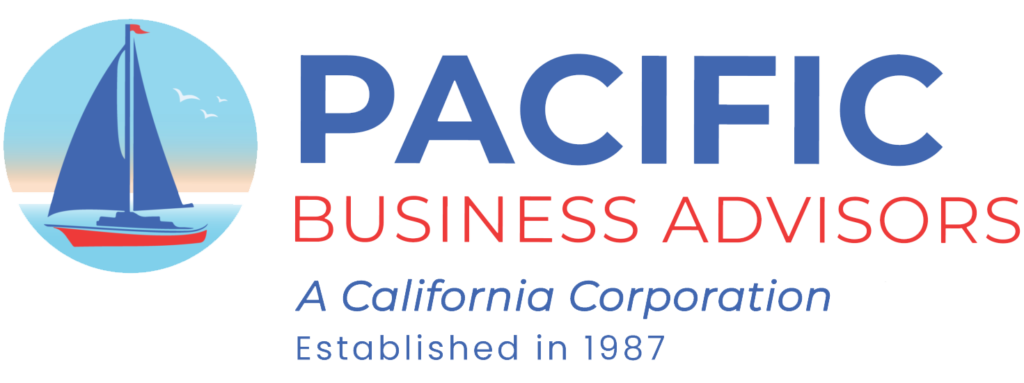

15 Reasons Businesses Initially Don't Sell
Following are the 15 most common reasons businesses initially don't sell:
- The asking price is too high given the market;
- The books and records are in poor condition making it difficult for a buyer to accurately determine the value and cash flow of the business;
- The premises lease is short and cannot be renegotiated on acceptable terms;
- The specific industry is in decline;
- The revenue of the business has been declining;
- The seller is unwilling to stay after the sale in order to facilitate a smooth transition;
- The location of the business is not conducive to growth of the business;
- The seller wants the business to be valued based upon income that has not been reported on state and federal tax returns;
- An earn-out provision is appropriate, but the seller will not consider it;
- The seller is unwilling to provide partial financing;
- The cash flow is based upon sustainably low employee compensation and/or rent;
- Only a few clients or customers make up a significant percentage of the revenue of the business, resulting in a high risk to the buyer;
- The owner is the business, meaning the business is highly dependent on the owner's unique knowledge and his or her relationships with key clients/customers;
- The business has several family members in key positions so that if one or more left the company, it would suffer financially; and
- The seller has not established written policies and procedures that would be helpful to any buyer and future employees.
PacificBusinessAdvisors.net
Office: 818-991-5200
Direct: 818-991-9019